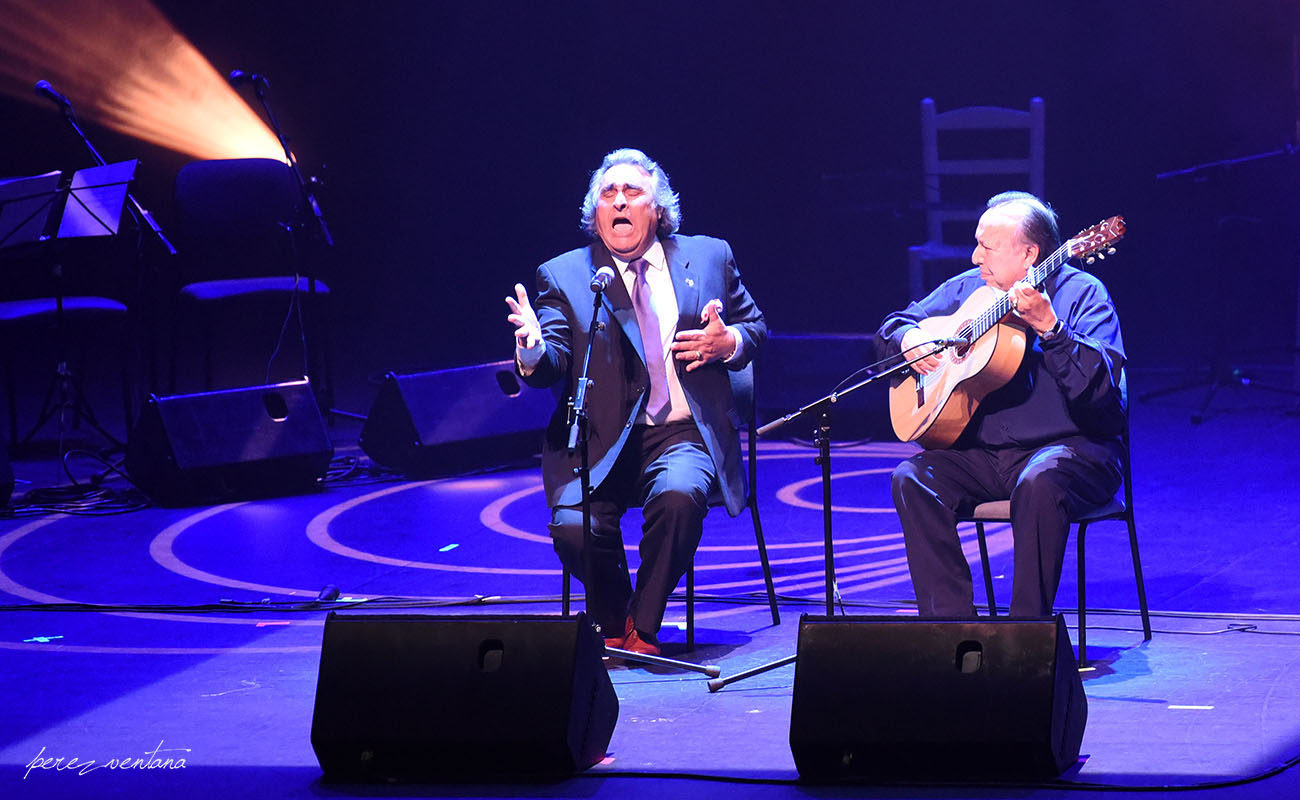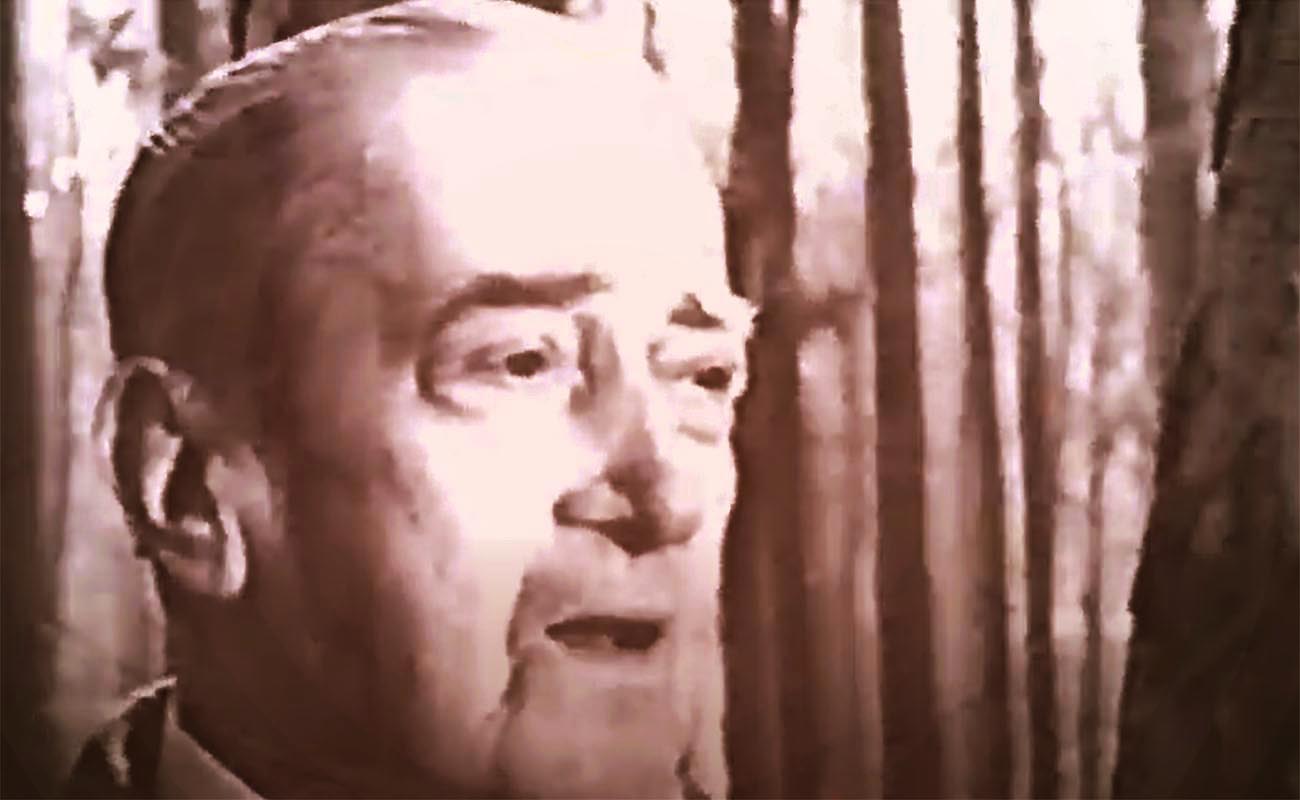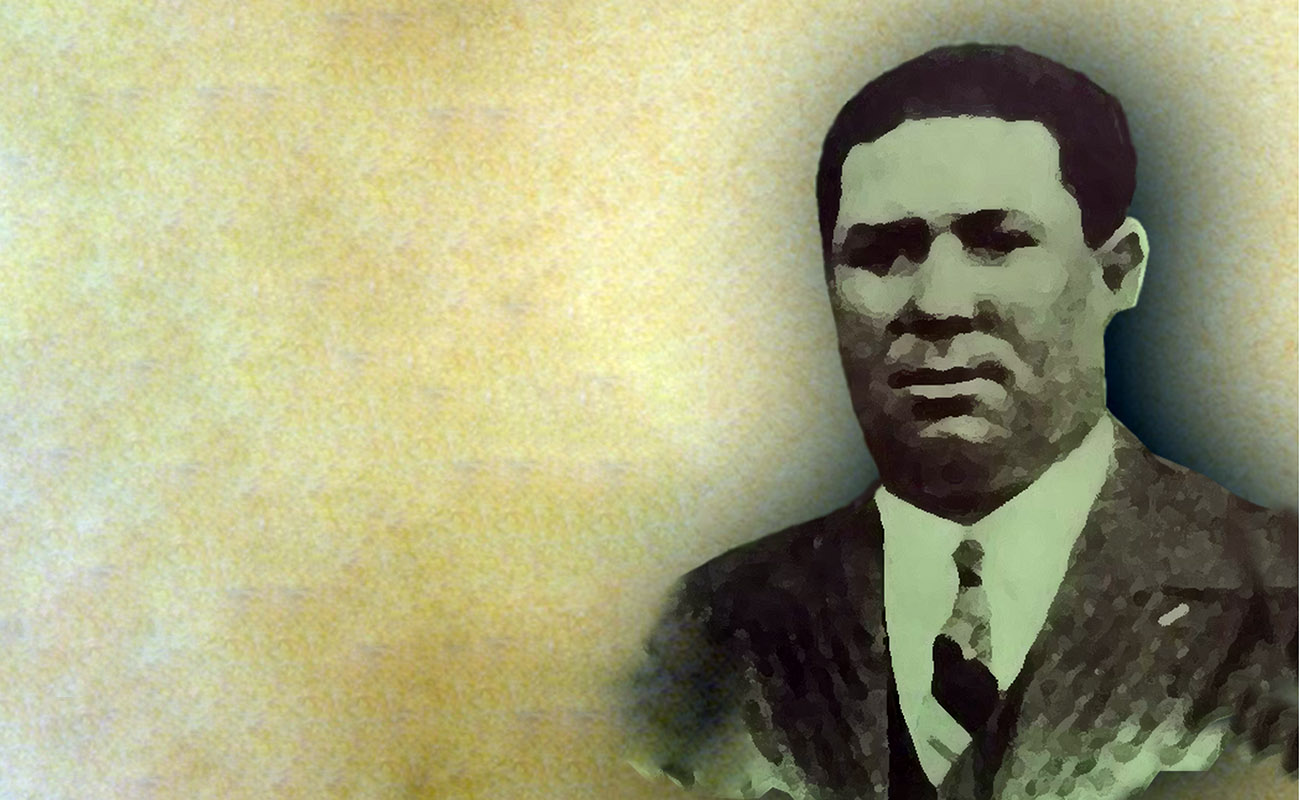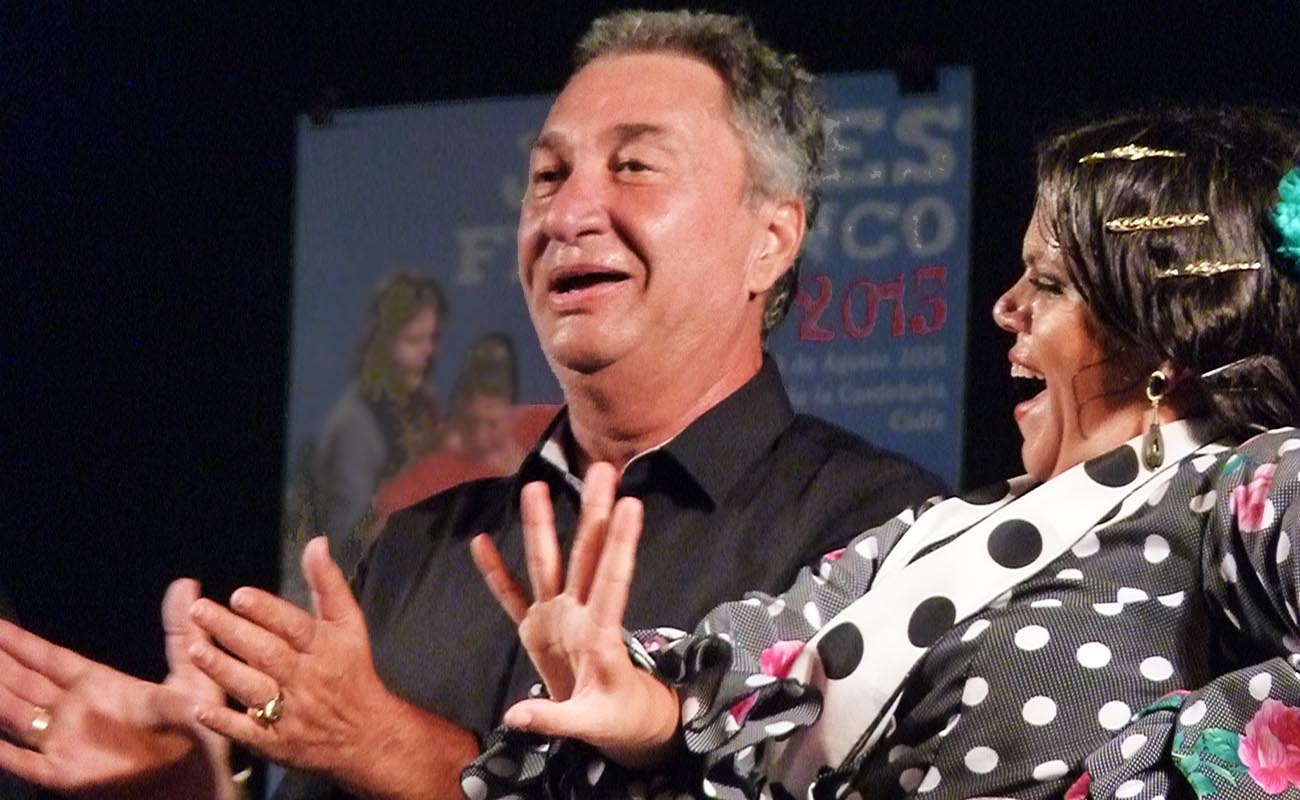Maestro Tomasa honored
The 2nd ‘Festival Flamenco Valle Gitano’ will honor a master of our times, José el de la Tomasa, the last great master of ‘cante jondo’ left in Seville. An art that forget its masters is doomed to ruin

For hundreds or thousands of years, musicians have been venerated by the people, in all nations of the world, even more than their rulers. It was the best way to acknowledge music as something essential for social harmony and for nurturing the spirit. In flamenco, maestros have always been venerated, from the earliest days. El Planeta, likely the earliest cantaor known to history, was revered in his own days, both in Cádiz, his hometown, as in Seville or Málaga, where — thanks to the research of Manuel Bohórquez — we known he lived from 1838 to 1856. He is still venerated today by artists and academics, 229 years after his birth, and history has reserved him a privileged place among the great masters and innovators of cante andaluz.
The 2nd Festival Flamenco Valle Gitano, in Seville, will honor a master of our days, José el de la Tomasa, the last great master of cante jondo left in Seville. Not for being who he is or for being from a family with a great flamenco tradition, but for his commitment and dedication. Maestro Tomasa have been devoted to music for almost his whole life, having been born in its midst, the son of Tomasa, daughter of Pepe Torres, who was one of the brothers of Manuel Torres, the genius of Jerez. Not only that, his father was Manuel Pies de Plomo, great cantaor from La Alameda in Seville.
He is one of those cantaores who have experienced flamenco from the craddle.
Acknowledging his career and mastery is an act of justice and, also, an admonishment about how other masters of cante flamenco have almost been forgotten. That’s not the case with José el de la Tomasa, who has been awarded some important accolades, but still. An art that forget its masters is doomed to ruin. Isn’t flamenco also indebted to Silverio, Chacón, Manuel Torres, Manuel Vallejo or Niña de la Puebla?
From ExpoFlamenco we congratulate Maestro Tomasa for this humble but important honor.




